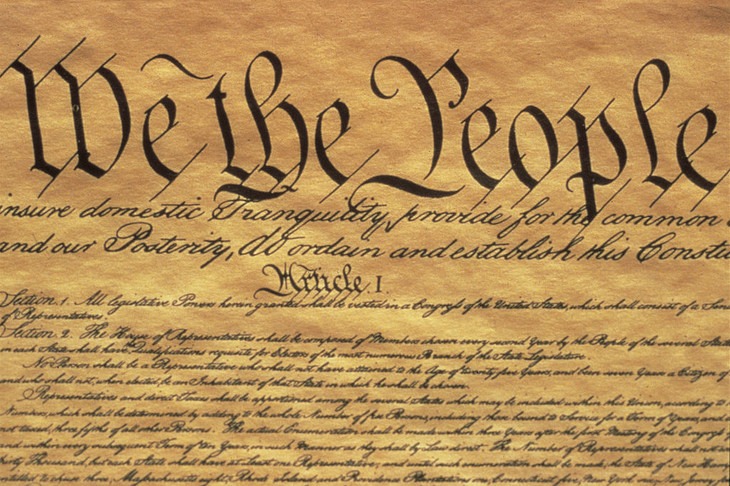On November 7th, New Yorkers will vote on whether a state Constitutional Convention will happen in 2019. This Constitutional Convention vote lands on the ballot every 20 years, theoretically giving each generation an almost Jeffersonian opportunity to re-write the state's laws.
The last two times that the con-con appeared on the NY ballot, in 1997 and 1977, it was rejected; the last time that a con-con actually took place was 1967 but all of the proposals submitted that year were rejected by the public. A previous convention in 1938 led to a few changes, but the last time a state constitutional convention overhauled state law was actually revised was in 1894. That was nine years before the first World Series.
At this Constitutional Convention, some changes would most likely be made to the court system, the use of preserved forests and land, the legalization of marijuana, and corruption in the government, just to name a few.
The unique contours of a Constitutional Convention have created strange bedfellows, with the opponents of a convention vastly outspending the supporters. That moneyed coalition includes unions, the state’s Conservative Party (who tend to be anti-union), pro and anti-abortion groups, environmentalists and gun rights activists.
But those who support it believe that it is time to change some outdated amendments of the past. Either way, this is something to look out for on the New York ballot on November 7th.
Procedurally, voting yes to a Constitutional Convention means that 204 delegates will meet in Albany in 2019. At this convention, the chosen delegates can draft a new constitution or add amendments to the current one. Each edit to the constitution has to be agreed upon by a majority of the delegates. Once the delegates have finished making changes, the citizens of New York then get to vote on the proposed new constitution.
